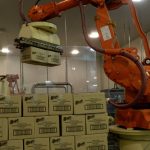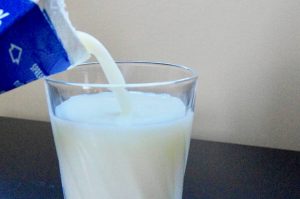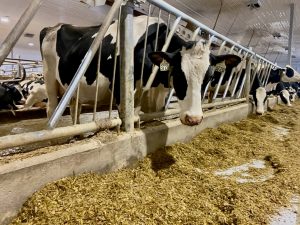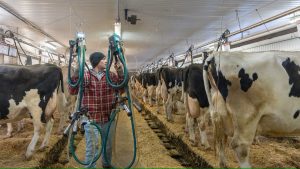
“They gave away our market,” Lampron said, arguing that collectively, these agreements will cause 18% of domestic dairy production to be outsourced to a number of foreign countries. “We are capable and ready to continue feeding and producing milk products for the population and we want to do the best we can.”
Due to these agreements, foreign producers will supply imported milk for dairy products which will displace Canadian dairy products on supermarket shelves.
In an open letter published this week, Lampron stated that in 2019, the Canadian government announced compensation for the CETA and the CPTPP that would be paid directly to farmers over an eight year period. Only the first payment was made, however, after which the government fell silent, stopping payments and giving no information about when more might be issued. Additional compensation for CUSMA was promised, but no further details have been released.
“First, it was programs to help us that fell through, now its compensation that we aren’t seeing,” the president said, pointing out that dairy farms exist all across Canada and are one of the most important agricultural sectors in the country. They’re a key driver in economic activity and provide support for a number of rural economies, he added, sharing that although the government has repeated their commitment toward compensating dairy farmers for the trade agreements a number of times, often speaking about their positive contribution to the economy and food security, little to no real support has been seen.
“For years, we have supported the supply and demand process in the country, but by giving other countries access to our market; we’re losing money,” added Lampron. “It’s even worse for young people of those who have just made these large investments in the industry who are being promised compensation for the lack of market and aren’t seeing it. These deals will have impacts that are wider-reaching and longer-lasting then anything Canadian dairy farmers are dealing with.”

























